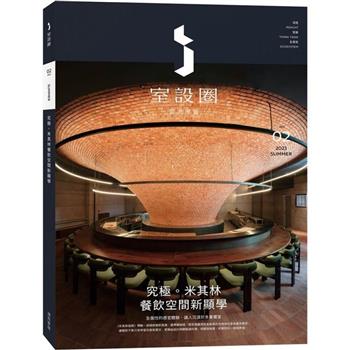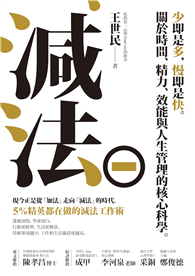Winner - African Studies Association’s 2009 Melville J. Herskovits Award
An intellectual biography of a modern African artist and his immense contribution to twentieth-century art history. The history of world art has long neglected the work of modern African artists and their search for forms of modernist expression as either irrelevant to the discourse of modern art or as fundamentally subservient to the established narrative of Western European modernist practice. With this engaging new volume, Sylvester Ogbechie refutes this approach by examining the life and work of Ben Enwonwu (1917-94), a premier African modernist and pioneer whose career opened the way for the postcolonial proliferation and increased visibility of African art. In the decades between Enwonwu’s birth and death, modernization produced new political structures and new forms of expression in African cultures, inspiring important developments in modern African art. Within this context, Ogbechie evaluates important issues such as the role of Anglo-Nigerian colonial culture in the development of modern Nigerian art, and Enwonwu’s involvement with international discourses of modernism in Europe, Africa, and the United States over a period of five decades. The author also interrogates Enwonwu’s use of the radical politics of Negritude ideology to define modern African art against canonical interpretations of Euro-modernism; and the artist’s visual and critical contributions to Pan Africanism, Nigerian nationalism, and postcolonial interpretations of African modernity. First and foremost an intellectual biography of Ben Enwonwu as a modern African artist, rather than an exhaustive critical exploration of the discourse of modernism in African art history or in modern art in general, Ben Enwonwu situates the artist historically and interprets his work in ways that surpass traditional discourse around the canon of modern art.| FindBook |
有 1 項符合
Ben Enwonwu: The Making of an African Modernist的圖書 |
 |
Ben Enwonwu: The Making of an African Modernist 作者:Ogbechie 出版社:University of Rochester Press 出版日期:2025-01-07 語言:英文 規格:平裝 / 333頁 / 普通級/ 初版 |
| 圖書館借閱 |
| 國家圖書館 | 全國圖書書目資訊網 | 國立公共資訊圖書館 | 電子書服務平台 | MetaCat 跨館整合查詢 |
| 臺北市立圖書館 | 新北市立圖書館 | 基隆市公共圖書館 | 桃園市立圖書館 | 新竹縣公共圖書館 |
| 苗栗縣立圖書館 | 臺中市立圖書館 | 彰化縣公共圖書館 | 南投縣文化局 | 雲林縣公共圖書館 |
| 嘉義縣圖書館 | 臺南市立圖書館 | 高雄市立圖書館 | 屏東縣公共圖書館 | 宜蘭縣公共圖書館 |
| 花蓮縣文化局 | 臺東縣文化處 |
|
|
圖書介紹 - 資料來源:博客來 評分:
圖書名稱:Ben Enwonwu: The Making of an African Modernist
|











